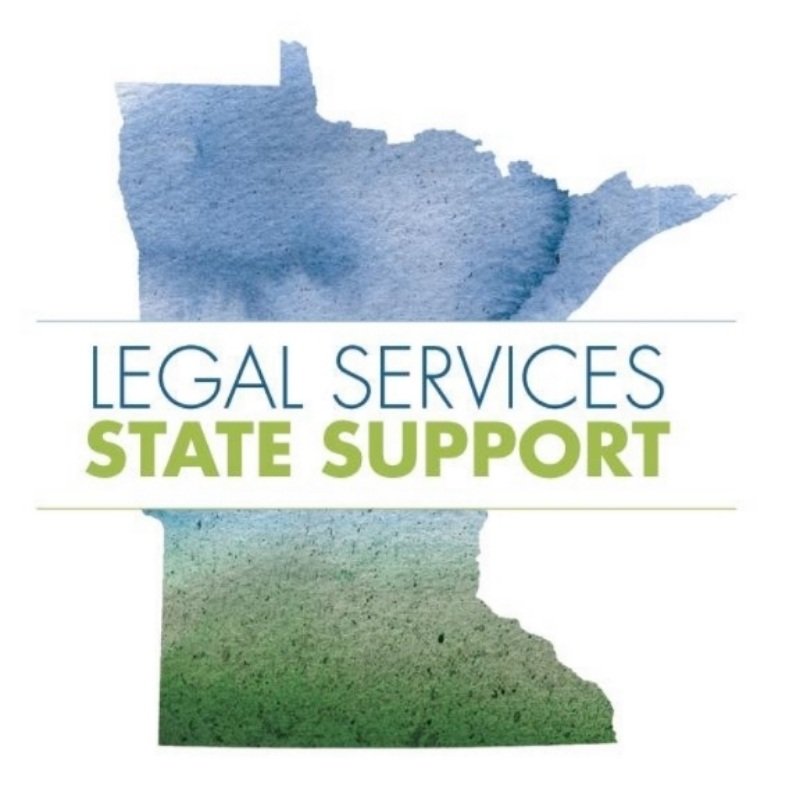Last week, law students and staff from the U of M's Center for New Americans (CNA), along with attorneys from Mid-Minnesota Legal Aid, and Faegre Baker Daniels, won stays of removal for asylum seekers caught up in surprise ICE deportation raids in Minnesota. The raids occurred around the country. The CNA team's efforts prevented the deportation of 12 families to countries where they faced immediate harm.
The student arm of the team was supervised by Rebecca Scholtz, staff attorney with Mid-Minnesota Legal Aid and adjunct professor at the CNA, along with CNA teaching fellow Katherine Evans. Attorneys from Faegre Baker Daniels included Dianne Heins, pro bono counsel, as well as Lariss Maldonado and Sari Long. Read the full story on the U of M's website.
National media coverage of the ICE raids can be found in the New York Times and the Washington Post.
